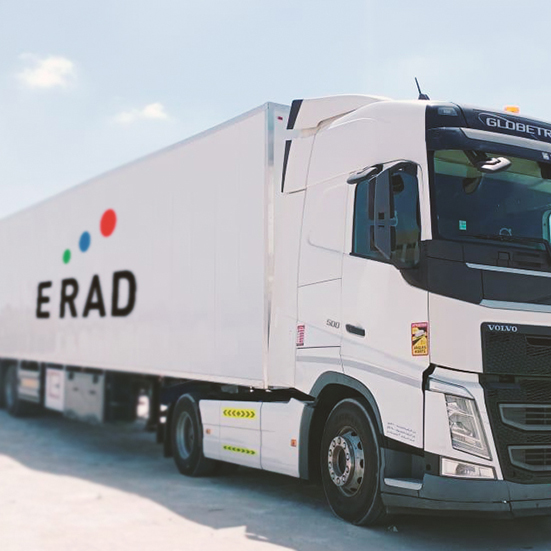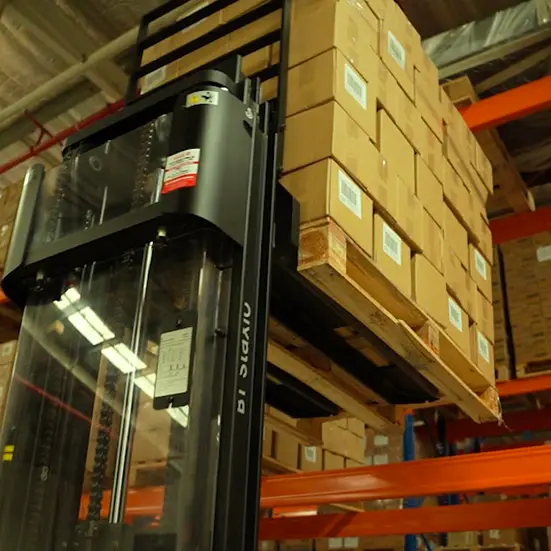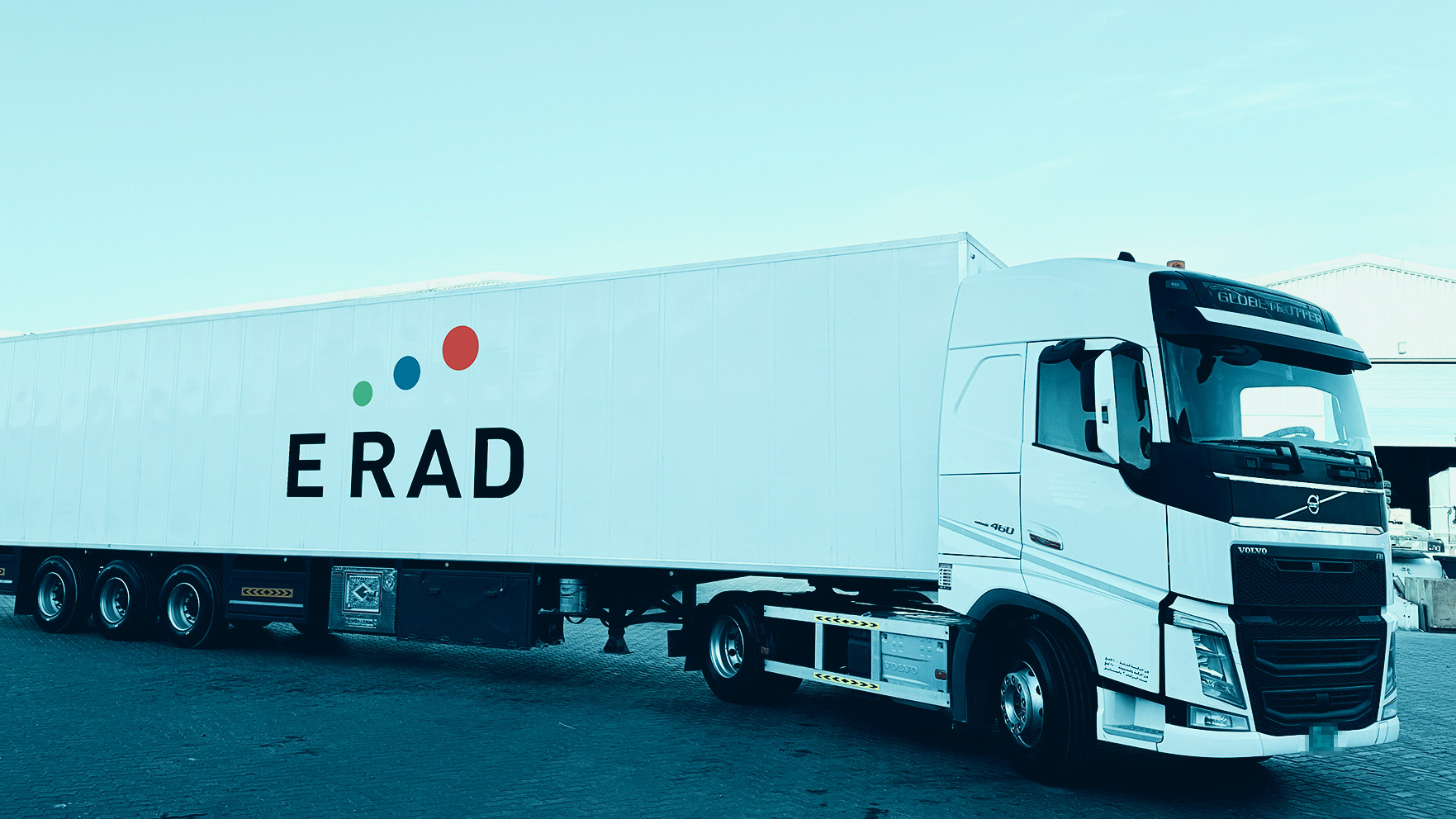Introduction
The logistics industry is at the forefront of global commerce, evolving rapidly to meet the demands of an ever-changing world. As we move into 2025 and beyond, technological advancements, sustainability, and consumer expectations are driving transformative changes. In this blog, we explore the key trends shaping the future of logistics and what businesses need to do to stay ahead.
1. The Rise of Automation and AI
Automation and artificial intelligence (AI) are revolutionizing logistics operations. From warehouse robots that streamline inventory management to AI-driven route optimization, these technologies are improving efficiency, reducing costs, and minimizing errors.
- Why It Matters: Automation enables faster turnaround times and enhanced accuracy, critical for meeting tight delivery schedules.
- Example: Companies like Amazon and DHL are leveraging AI-powered systems to predict demand and optimize delivery routes in real-time.
How to Adapt: Businesses should invest in automation tools and AI solutions to remain competitive in this tech-driven landscape.
It is a long established fact that a reader will be distracted by the readable content of a page when looking at its layout.– Victoria Fawsitt
2. Sustainability as a Priority
Environmental concerns are reshaping the logistics industry. Consumers and businesses alike are demanding eco-friendly solutions, pushing logistics providers to adopt sustainable practices.
- Why It Matters: Reducing carbon footprints and using renewable energy sources are not just ethical imperatives but also key to gaining customer trust.
- Example: Companies are transitioning to electric vehicles (EVs) for last-mile delivery and using eco-friendly packaging materials.
How to Adapt: Implement green initiatives such as carbon-neutral delivery options and sustainable warehousing practices.
3. Growth of E-Commerce Logistics
The e-commerce boom shows no signs of slowing down, and logistics providers must scale up to meet rising demand. Consumers expect faster delivery times, seamless returns, and real-time tracking.
- Why It Matters: The success of e-commerce businesses heavily depends on their logistics partners’ efficiency.
- Example: Same-day and next-day delivery services are becoming the norm, especially for industries like fashion and electronics.
How to Adapt: Invest in last-mile delivery solutions and enhance digital tracking systems to provide transparency and convenience for customers.



4. Advanced Data Analytics
Data analytics is playing a pivotal role in optimizing logistics operations. By analyzing customer behavior, demand patterns, and route efficiency, businesses can make data-driven decisions to improve service quality.
- Why It Matters: Insights derived from data can lead to reduced costs, better inventory management, and improved customer satisfaction.
- Example: Predictive analytics tools help logistics companies anticipate peak seasons and allocate resources effectively.
How to Adapt: Use advanced analytics software to gain actionable insights and improve operational efficiency.
5. Focus on Resilience and Agility
The COVID-19 pandemic highlighted the importance of building resilient and agile supply chains. Businesses are now prioritizing flexibility to respond quickly to disruptions.
- Why It Matters: A resilient supply chain ensures continuity even in the face of unexpected challenges.
- Example: Diversifying suppliers and leveraging digital supply chain platforms have become standard practices.
How to Adapt: Build contingency plans, diversify your supply chain, and invest in real-time monitoring tools to enhance agility.
Conclusion
The logistics industry is evolving at an unprecedented pace, driven by technological advancements, environmental awareness, and shifting consumer expectations. By embracing these trends, businesses can stay competitive and deliver exceptional value to their customers. At Erad Logistics, we’re committed to staying ahead of the curve, offering innovative and reliable solutions to meet the demands of tomorrow.
Ready to future-proof your logistics operations? Contact Erad Logistics today and let us help you navigate the future with confidence.


Leave a comment